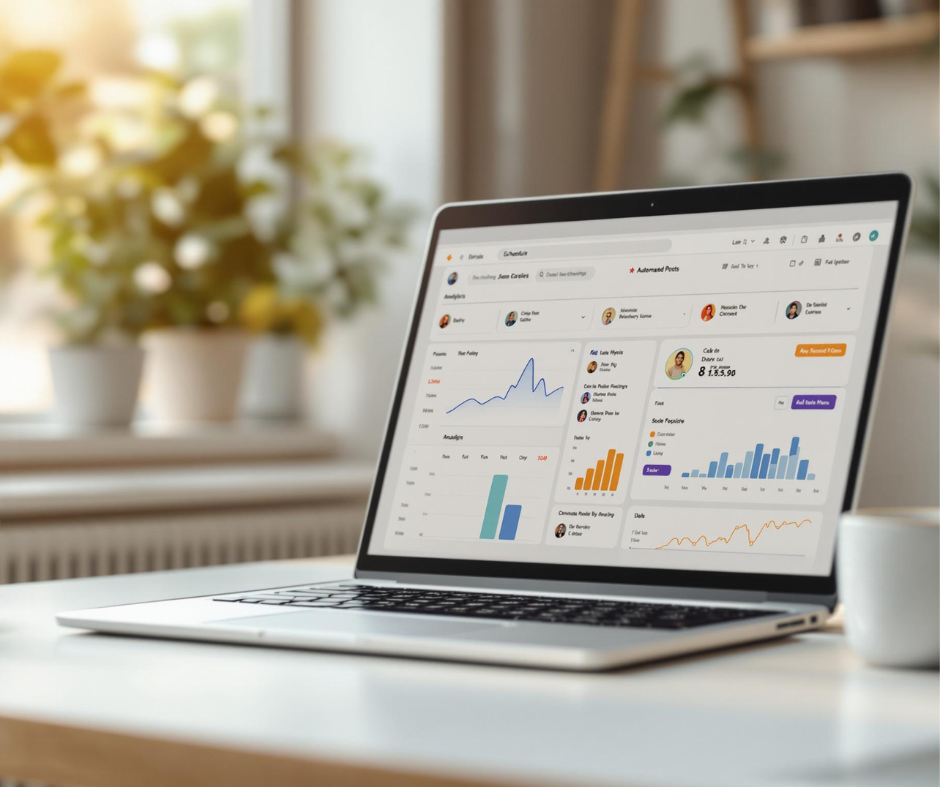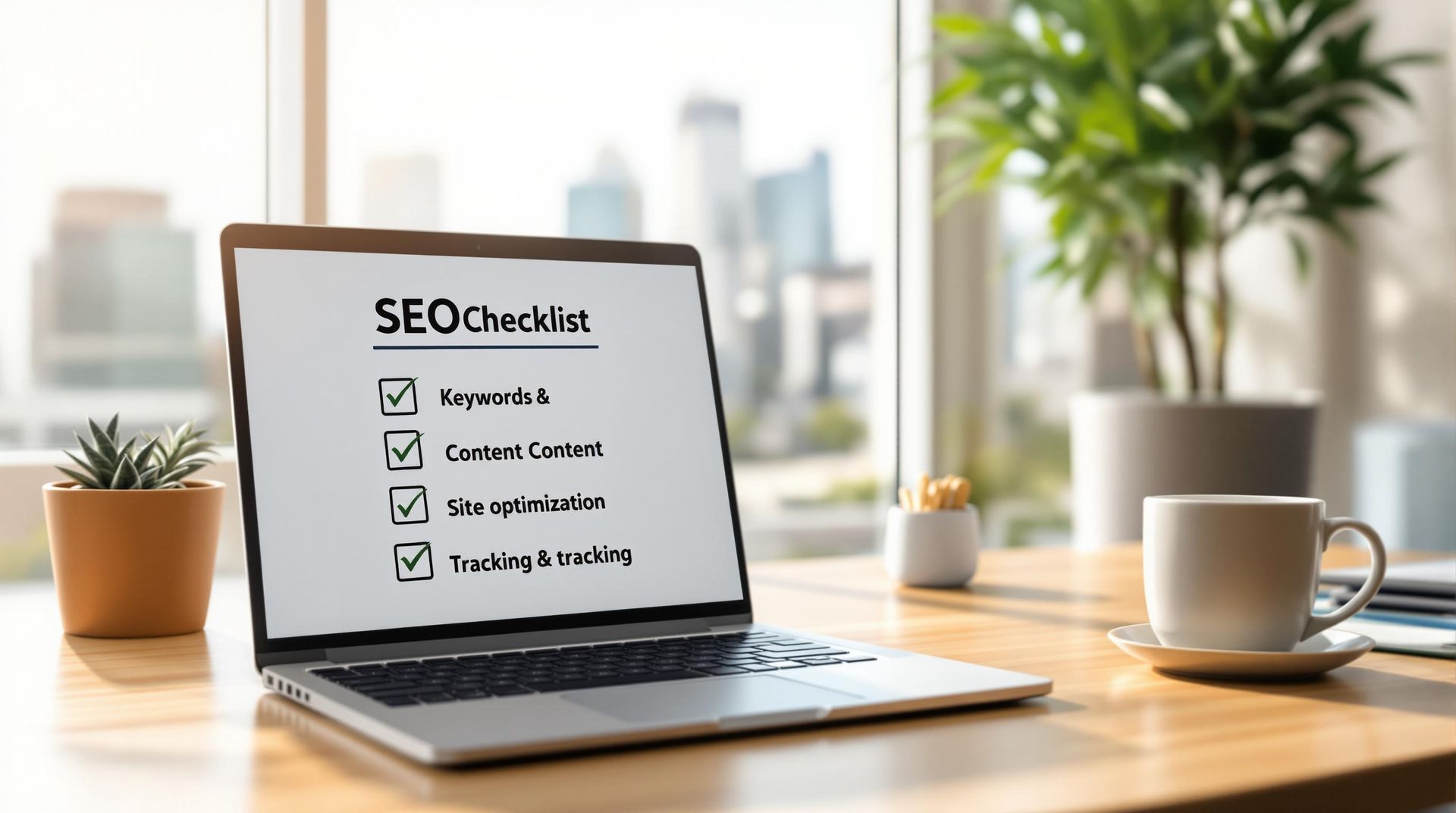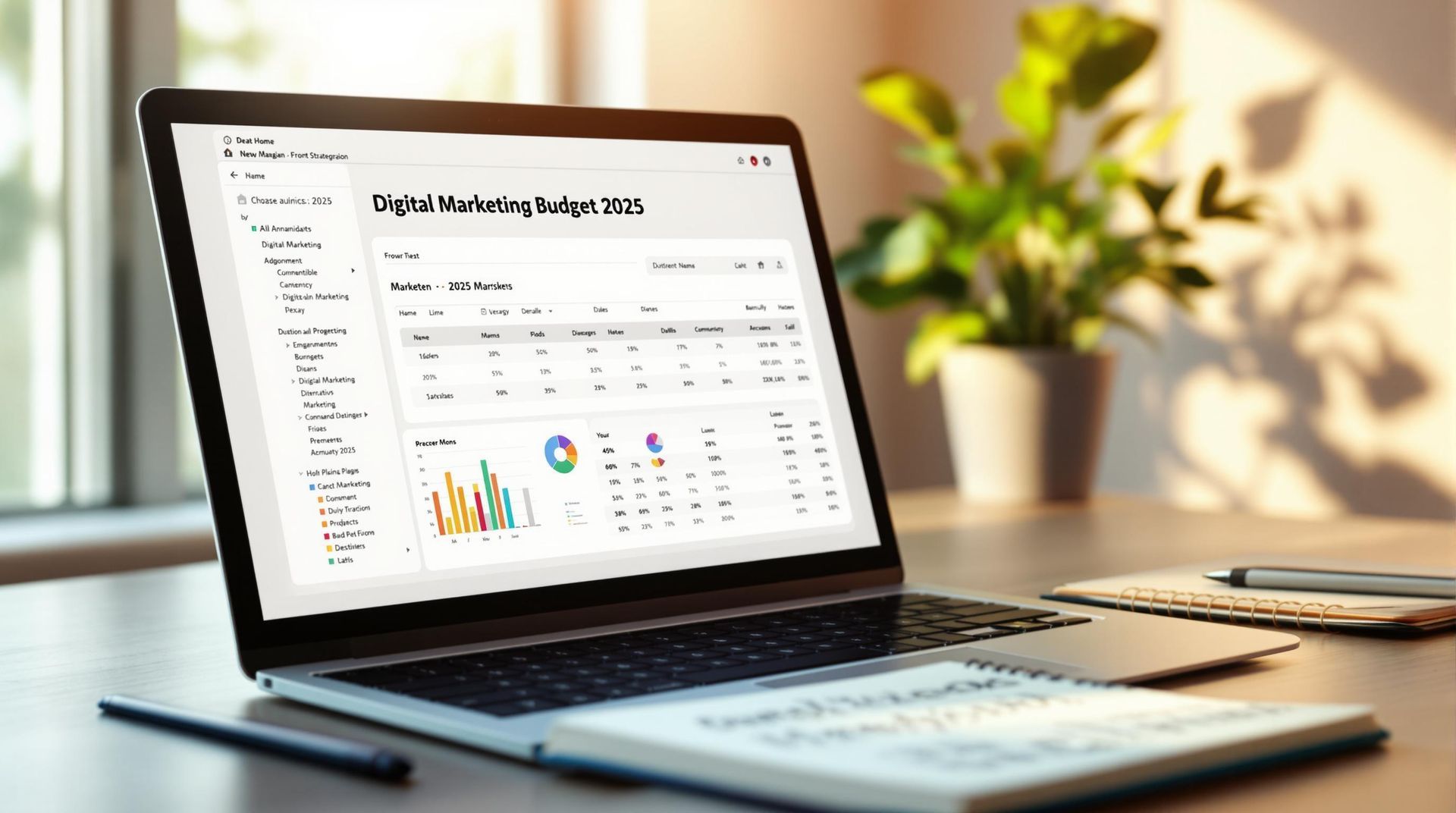Why SEO Is Important For Your Business
November 6, 2023
Why SEO Is Important For Your Business
Are you wondering why SEO is so important for your business? You might be aware that SEO stands for Search Engine Optimization, and it is a crucial element of any online presence. In today’s digital world, businesses must understand the importance of optimizing their website, content, structure, and keywords to stay ahead.
Developing an effective SEO strategy can help get you noticed by search engines such as Google, Bing, and Yahoo! It helps ensure that customers find relevant information when they’re looking for something specific—thus taking your business from bystander to successful!
Keep reading to discover how powerful SEO can be for your venture.
Understand What SEO Is and Why It Matters
SEO, or Search Engine Optimization, is the practice of enhancing a website to improve its visibility for relevant searches. The better visibility your website has in search engine results, the more likely you are to garner attention and attract prospective and existing customers to your business. SEO is important because it directs organic or non-paid traffic to your site.
Every search query presents a significant opportunity. When your business's site appears on the first page of search results, it gains exposure, credibility, and importantly, user clicks. Remember, search engines serve users, not websites. They aim to provide the most relevant and quality sites to answer a user's query.
Therefore, SEO involves aligning your site's attributes so search engines can understand and present your site as a top result. It takes time and effort, but it's an investment with long-term benefits. The power of strong SEO is in its ability to connect your business with people who are searching specifically for what you offer.
Discover the Benefits of SEO for Your Business
1. Increased Traffic: SEO helps to improve your website's ranking on search engines. Websites that appear on the first page of search engine results tend to get more clicks, leading to increased traffic.
2. Improved Credibility: High rankings make your business appear more credible in the eyes of users. Most people trust search engines' results and prefer businesses that are listed on the first page.
3. Cost-Effective Marketing: SEO targets users actively searching for your products or services online, making it a cost-effective marketing strategy compared to traditional outbound methods.
4. Better User Experience: SEO is not just about pleasing search engines. It also involves making your website more user-friendly. A good SEO strategy ensures your site has relevant and high-quality content, is easy to navigate, and loads quickly.
5. Competitive Advantage: By investing in SEO, you can gain a competitive advantage over businesses that do not utilize SEO. It helps you stay ahead in the digital space, capturing the attention of potential customers before your competitors do.
6. Long-Term Strategy: The effects of a solid SEO strategy are long-term. While it might take time to see the results, once established, your ranking position should remain fairly stable if maintained properly.
Identify and Fix Common Mistakes That Affect Your Rankings
In the quest for SEO dominance, it's easy for businesses to make mistakes that could adversely affect their search engine rankings. Identifying these mistakes and fixing them promptly can significantly boost your SEO.
1. Ignoring Mobile Optimization: In our increasingly mobile world, neglecting mobile optimization can be detrimental. Ensure your website is responsive, meaning it adapts to the screen size of the device it's viewed on. Google indexes mobile sites first, so prioritize this aspect.
2. Overusing Keywords: While keywords are crucial, overstuffing your content with them will not do you any favors—in fact, it could lead to penalties from search engines. Ensure your content reads naturally and your keywords feel integrated, not forced.
3. Weak or Duplicate Content: Search engines reward original, valuable content. Avoid duplicating content across your site, and don't copy from other websites. Regularly update your content to keep it relevant and engaging.
4. Neglecting Meta Descriptions and Title Tags: Meta descriptions and title tags give search engines information about your page's content. They also influence click-through rates. Make sure each page has a unique title tag and meta description, and use your keywords strategically within them.
5. Slow Loading Speed: If your website takes too long to load, users may leave, increasing your bounce rate. It can negatively impact your ranking. Employ strategies like optimizing images, minimizing HTTP requests, and reducing server response time to improve your site speed.
6. Ignoring Analytics: Not reviewing your SEO analytics regularly can cause you to miss critical insights about your website's performance. Use tools like Google Analytics and Google Search Console to monitor your website's traffic, find out how users are interacting with your site, and identify any issues that need addressing.
By being mindful of these common mistakes and taking action to rectify them, you can improve your website's SEO.
Researching Keywords and Creating Engaging Content to Increase Traffic
To elevate your website's visibility and attract more traffic, you must prioritize researching keywords and creating engaging content. These are integral components of a successful SEO strategy.
Keyword Research: Keyword research is the process of identifying words and phrases that people use in search engines. These terms are then used strategically in your content to improve its visibility in search engine results.
There are various tools available, such as Google's Keyword Planner and SEMrush, that can help you find relevant keywords for your business. When selecting keywords, consider search volume (how often the term is searched), competition (how many other websites are also targeting this keyword), and relevance (how closely it aligns with your business and audience).
Also, remember to target both short-tail (generic and high volume) and long-tail (specific and lower volume) keywords.
Creating Engaging Content: Content is king in SEO. High-quality, engaging content keeps visitors on your site longer, reduces bounce rates, and encourages social sharing—all factors that can improve your website's search engine rankings. To create engaging content, focus on providing value to your readers.
Address their needs, answer their questions, and offer solutions to their problems. Also, ensure your content is easy to read. Break up text with headings, subheadings, bullet points, and images. Include your targeted keywords naturally throughout the content, in the title, and the meta description.
By implementing thorough keyword research and creating engaging, value-driven content, you can enhance your website's SEO, increase your visibility in search engine results, and attract more traffic.
Measure and Monitor Your Progress Regularly
To ensure your SEO strategy continues to yield results, it's essential to regularly measure and monitor your progress. Analytics tools like Google Analytics and Google Search Console, are invaluable for this purpose.
These tools can provide insights into your website's traffic, audience behavior, and any errors that might be hindering your SEO.
Google Analytics: This tool provides a wealth of information about your site's performance. From the number of visitors and pageviews to bounce rates and average session duration, Google Analytics offers actionable insights that you can use to improve your SEO strategy. It's also an excellent tool for tracking conversions, which can help you understand the ROI of your SEO efforts.
Google Search Console: Google Search Console is an essential tool for SEO monitoring. It identifies any crawl errors, broken links, and indexing issues that could be hurting your site's visibility. It also provides information on how Google views your site, which keywords your site is ranking for, and which sites are linking to yours.
By regularly tracking and analyzing your website's SEO performance, you can identify what's working well and areas that need improvement. Armed with this data, you can then fine-tune your SEO strategy, making informed decisions to continually optimize your online presence and stay ahead of the competition.
Wrapping Up!
Search engine optimization can be a valuable tool for businesses, both big and small, to dramatically increase online visibility and boost their customer base. With the right strategies, techniques, and dedication to testing and experimentation, any business can optimize its website to reach higher rankings and enjoy the fruits of success.
About Us
AWhitney Digital Marketing should be your one-stop shop if you are looking for the best digital marketing agency in Tampa to help you grow your business. We are a team of professionals dedicated to helping our clients achieve their marketing goals.
Our services include SEO, content marketing, social posting, PPC marketing, and more.
To learn more about our
local SEO services, you can reach us at 813-364-2426 or fill out our contact form to schedule a strategy call. Don’t wait any longer–get started on boosting your digital strategies with
AWhitney Digital Marketing today!









